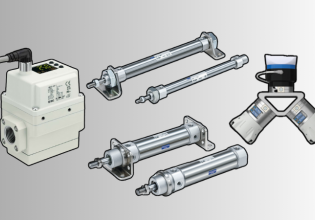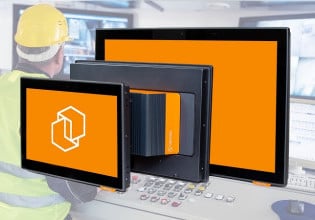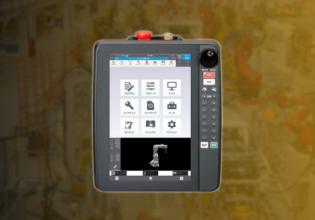A
Is there any separate control for Boiler instead of direct termination of instruments to DCS control? My boss was insisting that "there should be separate control for Boiler instead of direct wiring of boiler instruments to DCS". My idea about this, is that a plc control might be migrated to DCS namely Boiler level, bypass system etc and now DCS does not serve is real purpose. Gentlemen I wanted no know your opinion about this concern.






